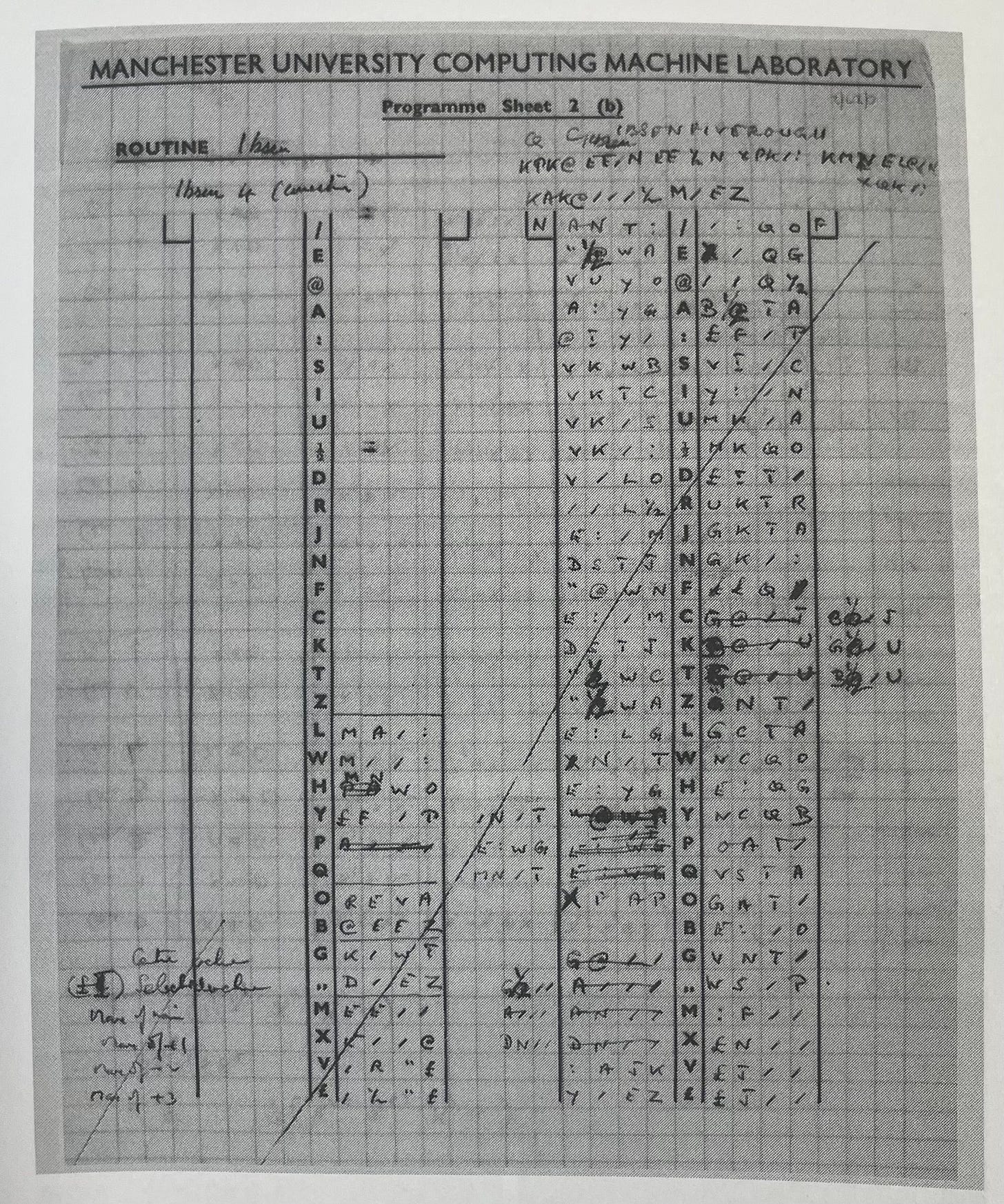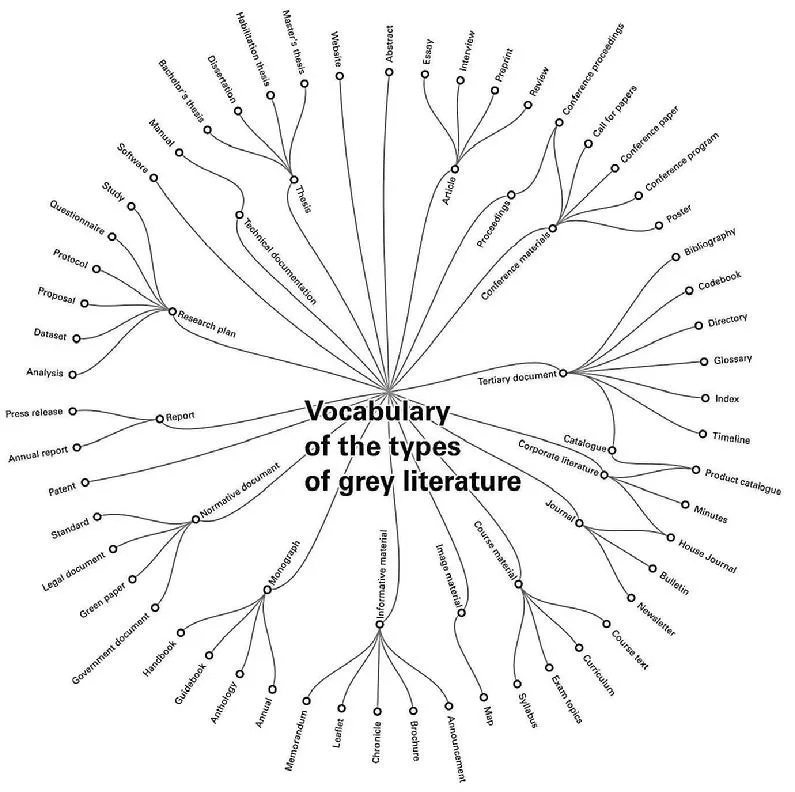I recently left a job with a not-for-profit startup funded by a major tech company (I signed an NDA when I was hired, so I can’t say which one). The startup was an “incubator” staffed mostly by current or former writers. I had been hired on the strength of my books coverage, and my online reputation as a literary critic, or at least a literary complainer. I had to work there for a while before I understood our mission and how it aligned with the goals of our funders; my early assignments were mostly limited to generic onboarding and teambuilding. This changed after several meetings at which the representatives assigned to work with my coworkers and I berated us for failing to understand a mission that had never been explained to us in the first place.
Our mission was to stimulate and guide popular conversation regarding the “Internet novel.” Apparently the company funding us had discovered that something called the Internet novel existed and founded this “independent” organization devoted to controlling how people understood and talked about it. No one in a decision-making position at a corporate power of this size understands how art works for the people who produce and consume it, so our direct reports had been assigned to round us up and pay us to commandeer one of the most heated and consequential critical debates of the moment.
The meetings later turned into long, indefinite “ideation” sessions, during which we engaged in various exercises like “jamboarding” and “rockets and anchors.” We would shout out ideas or write them down on post-its and visually map exactly how we were going to define and then develop language around the internet novel. These sessions could be inspiring; we were given free rein to say whatever we wanted, describe exactly the kinds of novels we wanted to read, or write, about the Internet. I quickly learned that they were not representative of the work that would be expected of us.
Most of our day-to-day work involved combing the internet for writing related to the Internet novel and analyzing it according to a rubric breaking down how and how much it exemplified the ethos of the company funding us. The rubric favored writing that was “innovative” and “iterative,” but in the context of our assignment these words were almost meaningless; what really mattered was whether what we were reading presented the company’s products in a light that might make readers more inclined to invest in them. Novels or essays about Internet media and commerce as channels for surveillance and exploitation were “non-essential,” as were texts dominated by products of competing companies. Fiction or criticism that focused on our funders’ digital workspace and videotelephony apps and how they enabled positive social experiences like dating and coworking were “high-yield.” Bleeding Edge by Thomas Pynchon was critically non-essential, but Fake Accounts by Lauren Oyler was pretty high-yield.
Later we moved on to posting on social media to maximize high-yield content. We created hundreds of dummy accounts and used them to boost the writers responsible for high-yield work and turn sentiment away from the others. To be clear, none of this work was automated; our team of about a dozen writers did it all ourselves. We even wrote entire essays assessing the Internet novel as a form, lamenting 21st-century fiction’s focus on social ills and calling spiritedly for work that celebrated the interconnected now, and submitted them under our own names. We already knew the language of the literary internet, so establishing taste along these lines wasn’t hard, but it took a lot of writing and posting, sometimes twelve hours’ worth or more per day. No matter how much we produced, our points of contact would always demand more. There was no point to our work if it wasn’t constantly “scaling up.”
I had always expected that what we were doing would lead to some kind of reckoning, that someone would figure out that we were rigging the game, tipping the scales in favor of an entity everyone involved in any conversation about the novel inevitably saw as an enemy. Eventually, though, the entire organization was simply dissolved, not because anyone caught wind of what we were up to, just because the company funding us decided to invest its money elsewhere. I got laid off, with three months’ severance pay, and ended up back where I had started: as an unemployed writer online. Now when I post about the internet novel I can say things I really mean. But I don’t get paid to say them––anymore.





I’m never clear about whether an Internet novel is meant to reflect the culture of the Internet (whatever that is at a given moment) or emulate the experience of what its like to be on the Internet. I read Mathias Ernard’s “Zone” recently and though it has nothing to do with the Internet, I think more than any other novel I’ve read it captured how the Internet *feels* — a torrent of information, wildly oscillating between things that are important or traumatic or exciting or enervating or trivial, focused themes exploding into loosely connected tangents and then looping back around to where you started like falling into a Wikipedia hole, epiphanic revelations that seem to explain everything tempered by more than a little dubiousness about the trustworthiness of their source. It probably says something about what it’s like to be on the Internet in 2025 that the narrator of “Zone” is meant to be high on amphetamines.